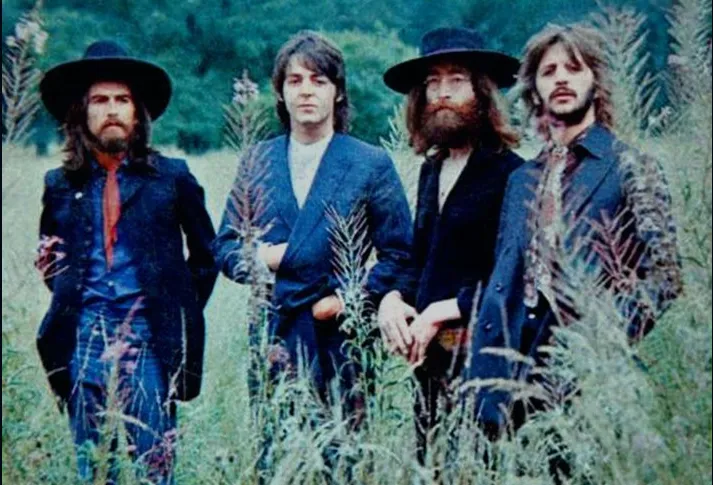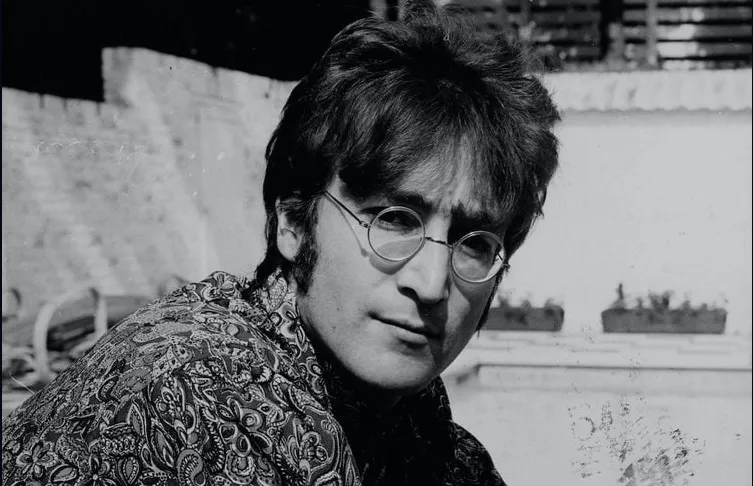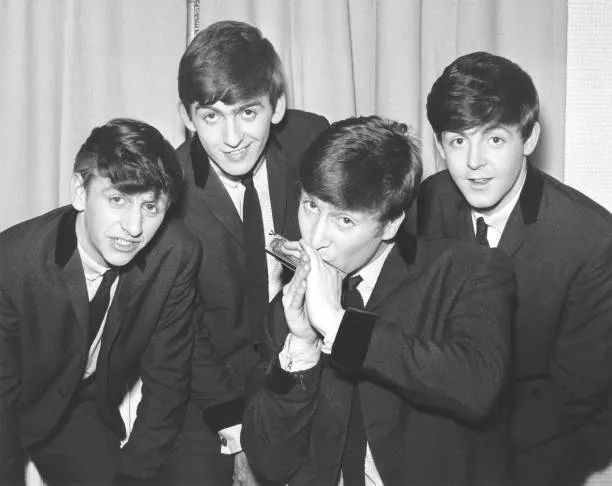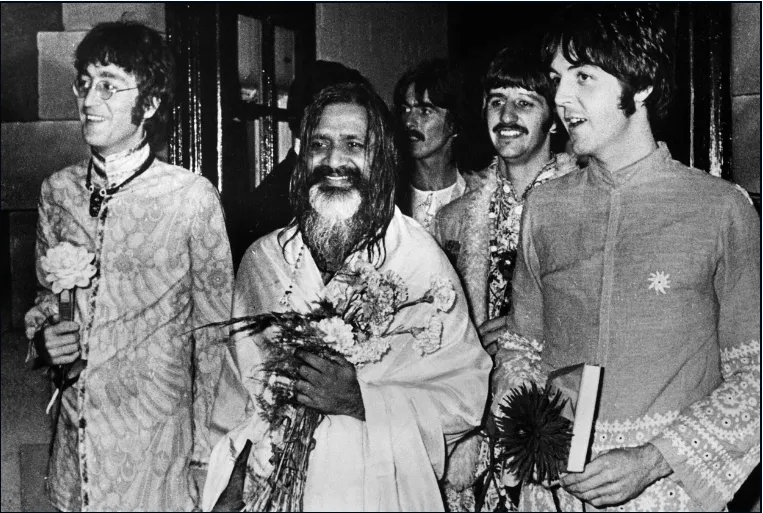In the annals of music history, few albums have achieved the iconic status of "Revolver" by The Beatles.
Often hailed as one of the greatest records of all time, "Revolver" marks a significant turning point in the band's creative journey.
But one question that has intrigued fans and music historians alike is: Why did The Beatles call it "Revolver"?

This title, laden with multiple interpretations, reflects their evolution and innovation during a transformative period.
The mid-1960s were a whirlwind for The Beatles. John Lennon, Paul McCartney, George Harrison, and Ringo Starr were not just musicians; they were cultural icons reshaping the landscape of popular music.
Following the success of their previous albums, "Rubber Soul" in 1965, the band felt an insatiable need to push boundaries, both musically and thematically.
As the band members found themselves delving deeper into experimenting with psychedelics, their perspective on life and art began to shift, taking on a more introspective and expansive quality. It was in this fertile ground of creativity and exploration that "Revolver" was born.
The process of naming the album was as thoughtful and deliberate as the music itself. Various titles were considered before they settled on "Revolver."
According to historical accounts and later interviews, options like "Magic Circles" and "Beatles on Safari" were tossed around, each reflecting different facets of the album's eclectic nature. However, none seemed to capture the essence quite like "Revolver."

The root of the name "Revolver" lies in its multifaceted connotations, each resonating deeply with the band's evolving identity and the album's thematic core.
At the most basic level, the word "revolver" refers to the rotating mechanism of firearms, symbolizing power, dynamism, and conflict. Yet, it was a savvy play on words—the record itself revolves on a turntable, making it a self-referential and meta title.
This clever wordplay mirrors the album's content, where conventional rock tunes revolved into spaces of innovative, experimental soundscapes.
In an interview, Paul McCartney once mentioned that the name "Revolver" signifies a constant cycle, an endless loop of change and progression.
It was a statement of their ever-evolving artistry, a reflection of their musical journey that was anything but static.
"Revolver" heralded a spectacular departure from the Beatles' earlier sound, marking a shift from the love songs and catchy rhythms of their previous albums to more complex, thought-provoking themes and groundbreaking musical techniques.

Each track on "Revolver" serves as a vignette into their creative ethos, exploring new realms of possibility. The album opens with "Taxman," George Harrison's scathing critique of the British taxation system, setting a tone of societal reflection that was relatively new for the band.
Delving further into the record, we find Lennon’s "Tomorrow Never Knows," a track that exemplifies the album’s innovative spirit.
With its avant-garde tape loops, backward guitar solos, and lyrics inspired by the "Tibetan Book of the Dead," it personifies the concept of "revolving" around new, unconventional artistic expressions.
Lennon’s fascination with surrealism and psychedelics transformed into a song, making "Revolver" a fitting title that captured this revolving nature of thoughts, styles, and auditory experiences.
Paul McCartney's contributions like "Eleanor Rigby" show another aspect of the revolving thematics—the stark contrast between the mundane and the profound.
Supported by a string quartet rather than rock instruments, "Eleanor Rigby" tells the poignant tale of loneliness and social alienation.
McCartney’s ability to pivot from traditional rock and roll to classical influences illustrates the dynamic range The Beatles had achieved by this time.
Another revolving facet of the album is George Harrison's immersion into Indian music and philosophy, prominently featured in "Love You To."
This track introduced Western audiences to the sounds of the sitar and Indian musical scales, a direct result of Harrison’s growing affinity for Indian culture. This revolving cross-cultural engagement enriched the Beatles’ sound, pushing the boundaries of what rock music could encompass.

The band’s collaborative spirit during the making of "Revolver" was palpable. It was a time of shared experimentation, where each member brought in diverse influences and ideas, contributing to a cohesive yet multifaceted masterpiece.
The innovative use of studio techniques by their producer, George Martin, and the engineering proficiency of Geoff Emerick ensured that "Revolver" wasn't just a collection of songs but a sonic revolution.
Even the album's cover art, designed by Klaus Voormann, reflects this revolving concept.
With its collage of line drawings and cut-out photographs, it symbolizes the amalgamation of various influences and the revolving nature of their identities, both individual and collective.
The black-and-white aesthetic contrasts starkly with the colorful, often psychedelic content of the music, creating a juxtaposition that invites deeper reflection.
To understand why The Beatles called it "Revolver" is to appreciate their knack for innovation, their embrace of artistic evolution, and their linguistic playfulness.
The name succinctly encapsulates the spirit of the album—revolving ideas, revolving styles, and revolving the very essence of what it meant to make music in the 1960s.
From its groundbreaking melodies to its introspective lyrics, "Revolver" stands as a testament to The Beatles’ remarkable ability to reinvent themselves. They forged a new path in popular music, one that would influence countless artists and genres for decades to come.
By naming the album "Revolver," The Beatles made a profound statement about their artistry—a proclamation that they were not content to merely stay the course but were perpetually in a state of revolution, ever spinning forward into new frontiers.
As we listen to "Revolver" today, its relevance and brilliance remain undiminished. It reminds us that creativity is a continuous journey of reinvention. Just like the vinyl record spinning on a turntable, the essence of The Beatles’ "Revolver" continues to move, inspire, and evolve with every listening.



